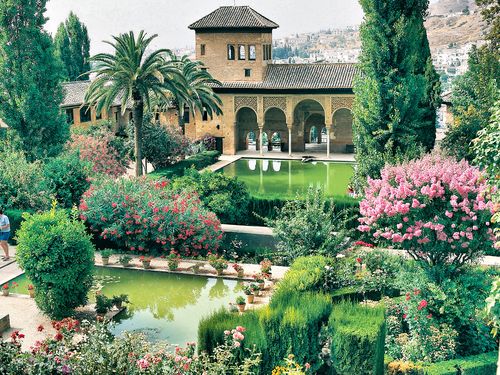The 1960s was a decade of cultural revolution, where young people were questioning the values and traditions of their parents. They were eager to break free from the conformity of the previous generation, and thus, they gravitated towards the arts and literature as a means of self-expression. This era was a cornerstone of modern art and literature, and its legacy continues to shape our society today.
One of the most significant contributions of the 1960s cultural revolution was the way it broke down barriers in the arts. The decade saw the emergence of new art forms, such as Pop Art and Op Art, that challenged the elitism of the art world. These movements drew on everyday images, objects, and advertising for inspiration, creating works that were accessible to a much wider audience.
Similarly, the 1960s saw a literary revolution, with writers such as Jack Kerouac and Allen Ginsberg driving the Beat Generation. This movement was characterized by its rejection of conformity, its embrace of free expression and experimentation, and its use of drugs as a means of expanding consciousness. The Beats gave rise to a new style of writing, which was raw, spontaneous, and deeply personal.
Another legacy of the cultural revolution of the 1960s was the increased focus on civil rights and social justice. The era saw significant strides in the fight against racial discrimination, with the Civil Rights Act being passed in 1964. In literature, this focus on social justice was reflected in the works of writers such as James Baldwin, whose novels dealt with the issues of race, identity, and power.
However, the 1960s was not without its drawbacks. The era saw the rise of drug use and increased fragmentation of society, with various factions battling for control. This unrest had a destabilizing effect on the art world, causing many artists to question their role in society.
In conclusion, the cultural revolution of the 1960s had a lasting impact on the arts and literature. It broke down barriers, encouraged free expression, and paved the way for a more open and inclusive society. However, it also had its challenges, and its legacy continues to be felt today as artists and writers continue to explore new forms of expression and social change.
(Note: Do you have knowledge or insights to share? Unlock new opportunities and expand your reach by joining our authors team. Click Registration to join us and share your expertise with our readers.)
Speech tips:
Please note that any statements involving politics will not be approved.
